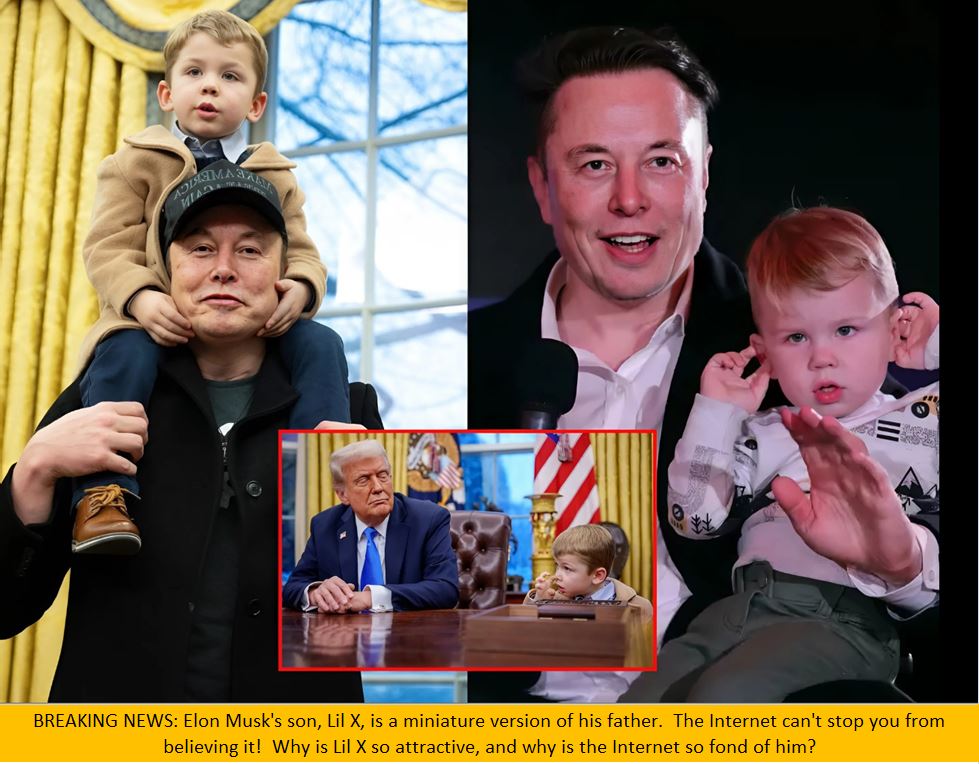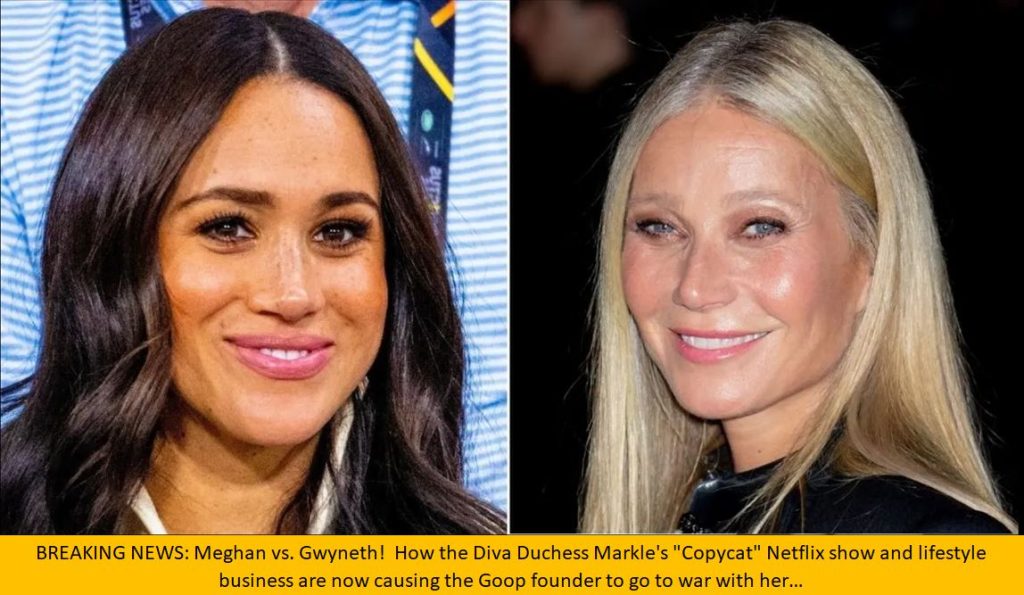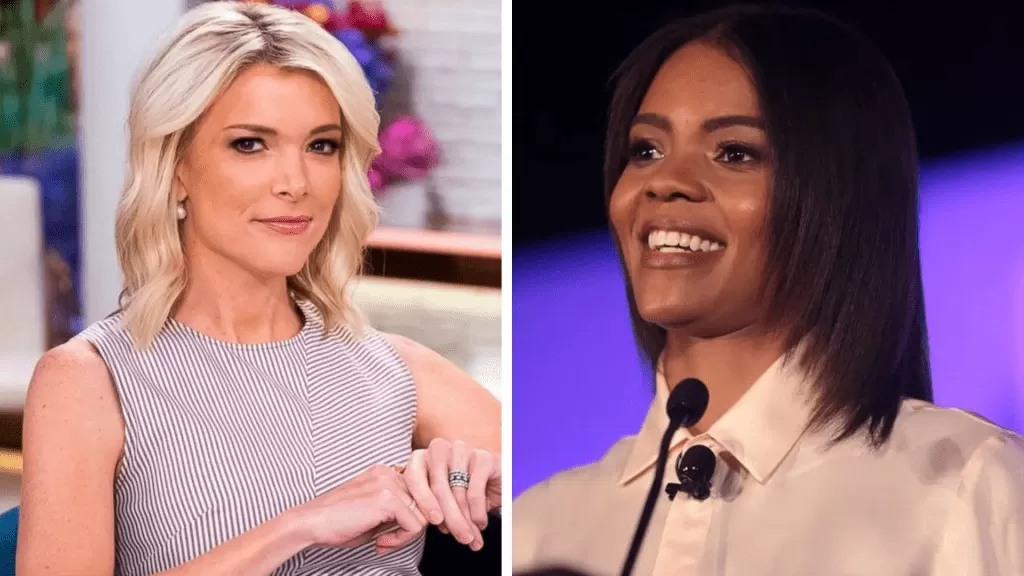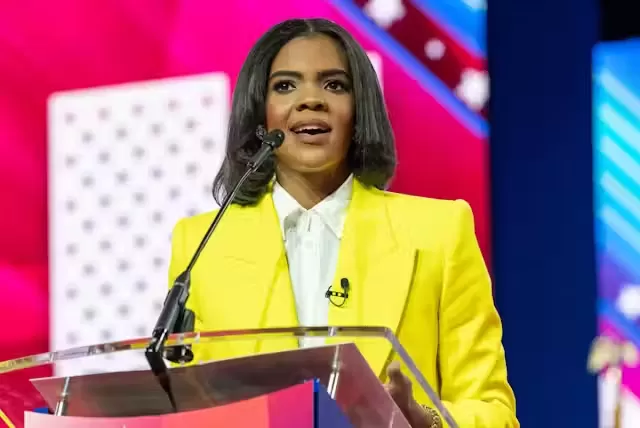
In a moment that delighted fans and melted hearts, Taylor Swift, who has been romantically linked to Kansas City Chiefs’ star Travis Kelce, shared her thoughts on a recent baby photo that captured the hearts of many. The picture in question featured Patrick Mahomes and his wife Brittany Mahomes, alongside their newborn daughter, Golden Raye Mahomes. The photo, shot by Brittany in the comfort of their home, quickly went viral, garnering admiration not only for its sweetness but for the pure love it radiated.
A Picture Worth a Thousand Words
The stunning photo shows Patrick Mahomes, the two-time NFL MVP, lovingly holding his baby daughter, Golden Raye, with Brittany by his side. The warm, intimate moment captured in their home exuded a sense of family and connection that many fans couldn’t help but admire. Golden Raye, who was born in November 2022, has already become a beloved figure among fans of the Mahomes family, with many eager to see more of her as she grows.
In her Instagram post, Brittany Mahomes shared the candid photo, writing a heartfelt caption that touched on the joy of being a mother to their second child. It wasn’t long before the picture went viral, with fans and celebrities alike expressing their admiration for the family’s growing bond.
Taylor Swift’s Sweet Comment
Among the many reactions to the photo, one of the most notable came from Taylor Swift, who has been in the public eye for her relationship with Travis Kelce. Swift, known for her close relationships with other celebrities and her loving interactions with fans, chimed in on the adorable moment by commenting, “I’m so happy to see Golden, but I think the baby looks like [insert adorable sentiment].”
Her lighthearted and warm comment seemed to encapsulate the joy of seeing the Mahomes family so happy and in love, adding another layer of sweetness to an already heartwarming moment. Swift’s comment was met with praise and affection from fans, many of whom appreciated the genuine and supportive nature of her words.
The Power of Celebrity Friendships
The interactions between Swift and other prominent figures, such as the Mahomes family, have sparked discussions about the power of celebrity friendships and the positive impact they can have on fans. Whether through supporting each other’s milestones, sharing love for one another’s families, or simply offering words of encouragement, these public interactions create a sense of unity that fans can relate to.
In the case of Taylor Swift, her kind comment on the Mahomes family’s picture was a reflection of the love and positivity she consistently spreads in her personal and professional life. As fans have seen in her close friendships with stars like Selena Gomez, Swift’s ability to publicly support and uplift others resonates deeply with her followers.
Golden Raye Mahomes: The Little Star
Golden Raye Mahomes, who has captured the hearts of fans ever since her birth, continues to be a source of joy and pride for her parents. She and her older brother, Sterling, have become the apple of their parents’ eyes, with Brittany and Patrick sharing moments of their family life on social media, letting fans glimpse the love and connection within their home. Brittany’s post, featuring Golden in her father’s arms, was yet another example of the Mahomes family’s ability to connect with fans on a personal level.
As Golden Raye grows, it’s clear that she will be surrounded by love from her parents and their friends, including Taylor Swift. The positive energy and support that has poured in from fans and fellow celebrities alike speak to the warmth of the Mahomes family and the connections they’ve made in the public eye.
Conclusion: A Heartfelt Moment in the Public Eye
In a world where celebrity life often feels distant from the everyday experience, moments like these—where a simple picture and a heartfelt comment can bring people together—remind us of the universal values of love, family, and friendship. Taylor Swift’s sweet comment on Brittany Mahomes’ baby photo added a personal touch to an already heartwarming image, bringing joy to fans and reinforcing the sense of community that celebrities can foster through their interactions.
As Golden Raye Mahomes continues to grow, we can be sure that moments like these, filled with genuine affection and warmth, will continue to win over the hearts of fans around the world. And who knows? Maybe we’ll see more sweet interactions between Taylor Swift, Travis Kelce, and the Mahomes family in the future, further deepening the connection between these beloved stars and their supporters.















